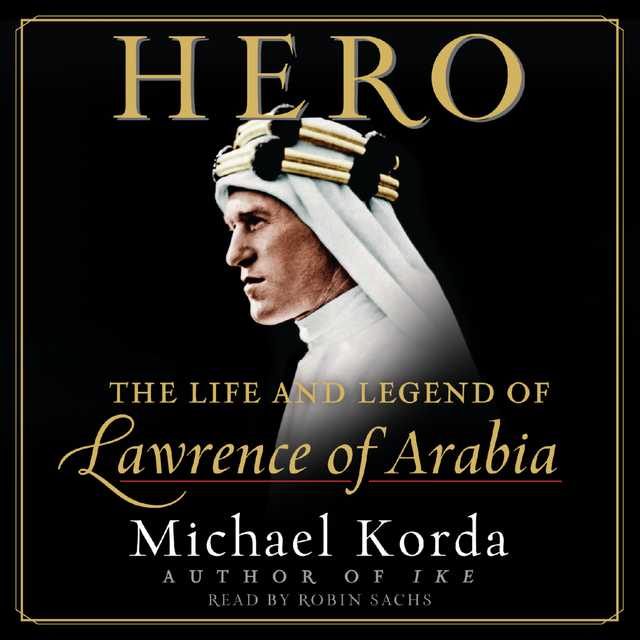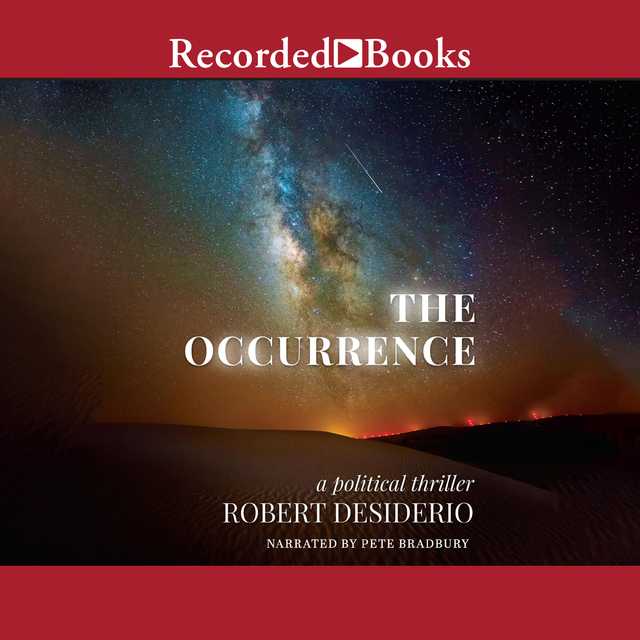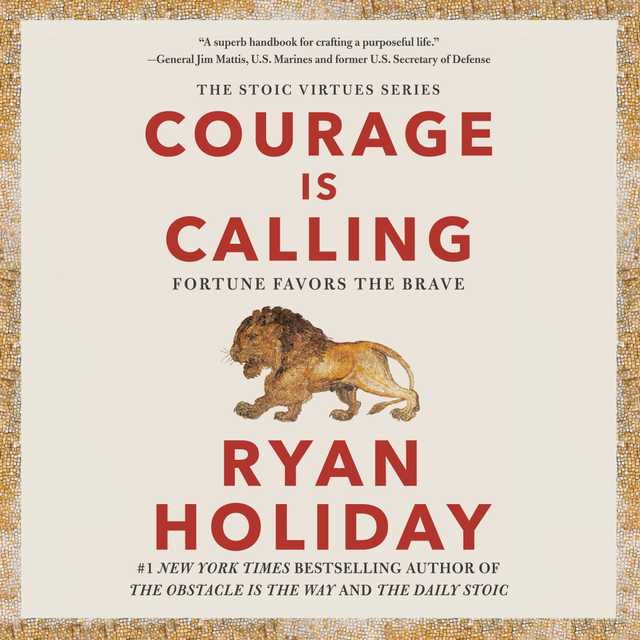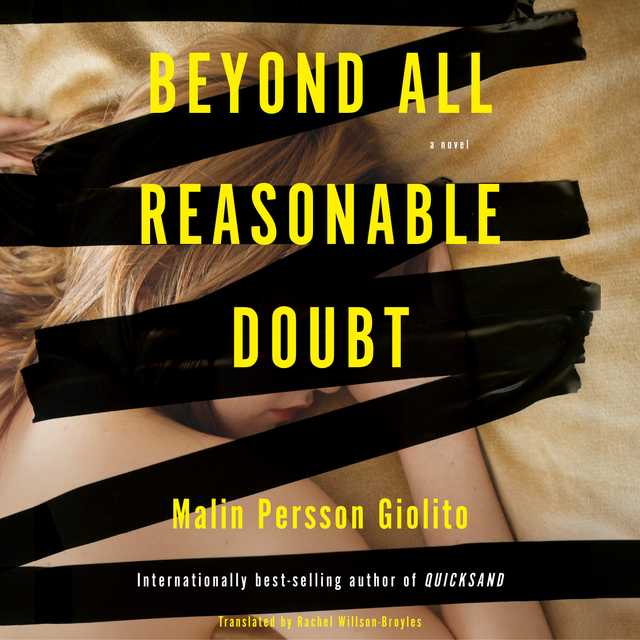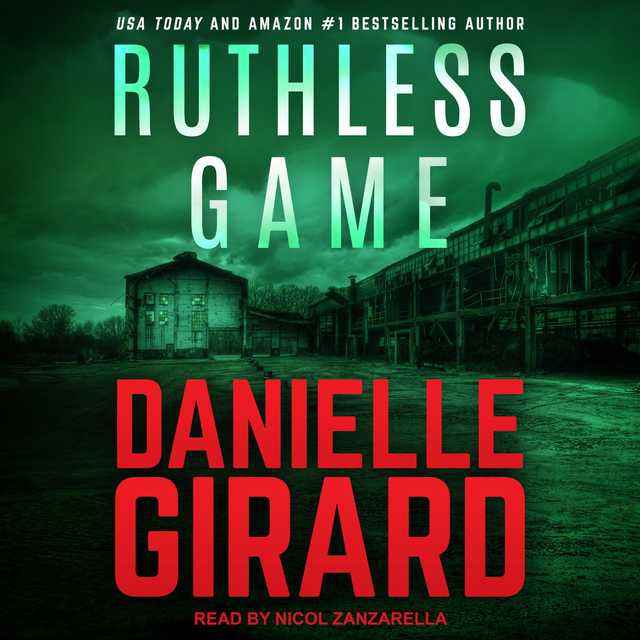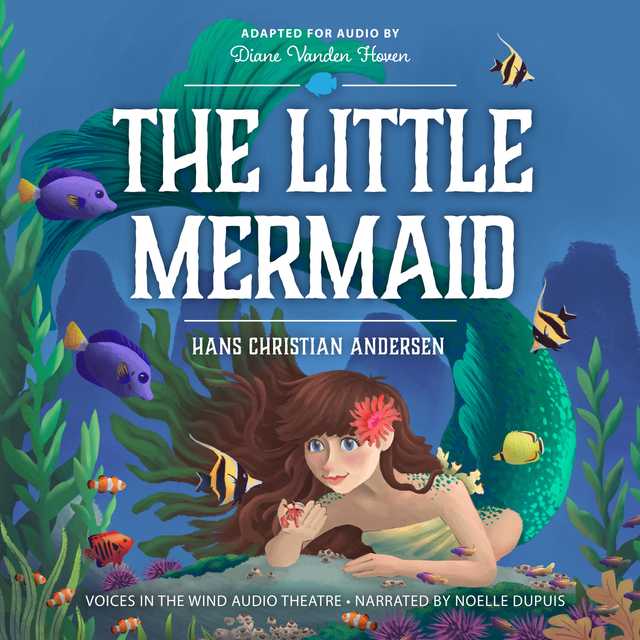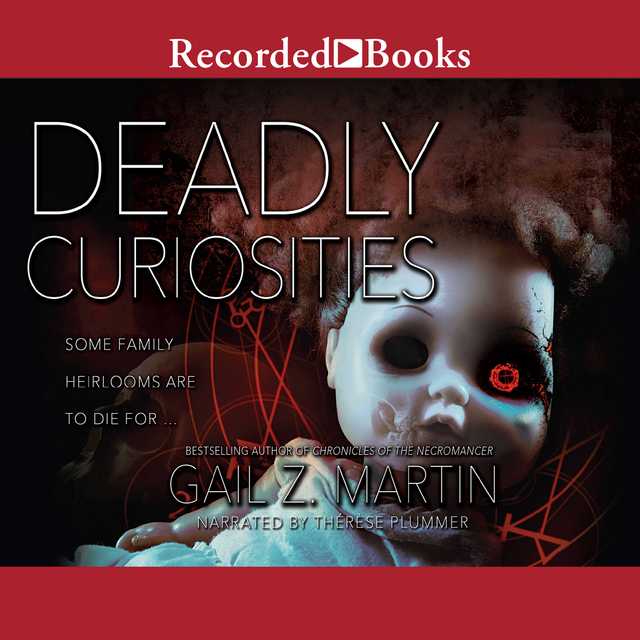Hero Audiobook Summary
From Michael Korda, author of the New York Times bestselling Eisenhower biography Ike and the captivating Battle of Britain book With Wings Like Eagles, comes the critically-acclaimed definitive biography of T. E. Lawrence–the legendary British soldier, strategist, scholar, and adventurer whose exploits as “Lawrence of Arabia” created a legacy of mythic proportions in his own lifetime. Many know T.E. Lawrence from David Lean’s Oscar-winning 1962 biopic–based, itself, upon Lawrence’s autobiographical Seven Pillars of Wisdom–but in the tradition of modern biographers like John Meacham, David McCullough, and Barbara Leaming, Michael Korda’s penetrating new examination reveals new depth and character in the twentieth century’s quintessential English hero.
Other Top Audiobooks
Hero Audiobook Narrator
Robin Sachs is the narrator of Hero audiobook that was written by Michael Korda
Michael Korda is the author of Ulysses S. Grant, Ike, Hero, and Charmed Lives. Educated at Le Rosey in Switzerland and at Magdalen College, Oxford, he served in the Royal Air Force. He took part in the Hungarian Revolution of 1956 and on its fiftieth anniversary was awarded the Order of Merit of the People's Republic of Hungary. He and his wife, Margaret, make their home in Dutchess County, New York.
About the Author(s) of Hero
Michael Korda is the author of Hero
More From the Same
- Author : Michael Korda
- Ulysses S. Grant
- Hero
- Horse People
- Clouds of Glory
- Journey to a Revolution
- Publisher : HarperAudio
- Abraham
- American Gods [TV Tie-In]
- Dead Ringer
- House of Sand and Fog
- Prey
Hero Full Details
| Narrator | Robin Sachs |
| Length | 14 hours 10 minutes |
| Author | Michael Korda |
| Category | |
| Publisher | HarperAudio |
| Release date | November 16, 2010 |
| ISBN | 9780062034533 |
Subjects
The publisher of the Hero is HarperAudio. includes the following subjects: The BISAC Subject Code is History, Military, World War I
Additional info
The publisher of the Hero is HarperAudio. The imprint is HarperAudio. It is supplied by HarperAudio. The ISBN-13 is 9780062034533.
Global Availability
This book is only available in the United States.
Goodreads Reviews
'Aussie Rick'
January 10, 2012
This is one of the best books that I have read covering the life & times of T.E. Lawrence - 'Lawrence of Arabia'. The author covers in great detail his activities in the Middle East during WW1 but also provides lots of interesting information about Lawrence before the War and what happened to him post WW1. In fact, the accounts of his pre and post war experiences are just as interesting as his activities during the War, maybe even more so.I found the author was a joy to read and presented Lawrence without the entire psychoanalyst that some authors feel they need to throw into some books. This author tells us the story, provides the facts and background information, provides you with some possibilities and you decide which is most likely. This is a great book and although it is 700 pages of narrative it flows easily and quickly and is a joy to read. Well researched and well written I think anyone who has an interest in the subject with love this book and also possibly learn a few new things along the way, I did!
Larry
December 17, 2016
Korda's life of Lawrence fits on the same shelf with those by Robert Graves, B. H. Liddell Hart, and (best of all) Jeremy Wilson. It's interesting to have read it while rereading Lawrence's own account, "Seven Pillars of Wisdom," and Hart's. F. Scott Fitzgerald once wrote, "Show me a hero and I'll show you a tragedy." It's more interesting to wonder what else Lawrence would have written about his efforts and disillusionment had he not had his famous fatal motorcycle accident. In any case, Korda's book is well worth reading.
Sweetwilliam
July 26, 2011
Another must read. I was a fan of the movie Lawrence of Arabia so I had to read this book. This was for the most part an outstanding read with the exception of a few chapters that were used to explain Lawrence's early childhood and the end of his life - these chapters could have been condensed. The book explains the Balfour decleration and how France, Russia and England met in 1916 to decide how the rapidly declining Ottoman Empire would be divided up amongst the modern powers (Sykes-Picot). The English looked down thier noses at the Turks. However, on the battlefield the English met disaster at every turn against them until Lawrence came along. With the help of his Bedouin irregulars, Lawrence was able to have success cutting the Turkish supply line by dash and daring. Lawrence was a true hero. The trench warfare, frontal assault, meat grinder that was Europes Western Front produced no heros...only mud and mangled corpses. Lawrence gained notoriety and fame for organizing the Arab revoult and making dashing cavelry raids and blowing up tracks in the Turkish rear. Lawrence on the other hand, hated himself for what he felt was a fraud that he perpetrated on the Arabs and wanted no money, notoriety, or accolades for it after the war. All he wanted was to serve out his days in the Air Corp as a private under an assumed name. This is a curious story.
Michael
December 13, 2013
If you only read one book on the life of Lawrence of Arabia then this book should be the one. The author delivers a well-researched book that peels back the myths surrounding the man. It also gives us a great insight into the time and the world in which he lived. Lawrence is one of those rare people that have played a big part of the world we live in. Korda covers a lot of issues that are still relevant today, especially concerning the Middle East. This book goes beyond the Lawrence of Arabia and shines a light on some of the other impressive contributions that he made throughout his life. What stopped this book being a 5 star rating for me was the authors need to constantly compare what Lawrence went through to that of Princess Diana. We got this comparison from his relationship to the media right through to the motorcycle accident that claimed his life. Yes I know I am fussy at times. Hero is one of those books that will stay with you long after you finish it.
Alexw
April 05, 2017
Was amazed at how different the real Lawrence of Arabia was than portrayed by Peter O'Toole in the movie- real Lawrence was very short(while O'Toole is very tall) and made fun of anyone taller than him. Was a true hero and survived many grim brushes with death.
Sharon
December 31, 2020
I do not know if this is the best biography of Lawrence of Arabia, but I certainly felt I learned a lot about the Middle East during WWI and Lawrence's role in helping the Arabs and consequently the British gain control of several of the Arab countries and bring about the fall of the Ottoman Empire.
Arun
June 16, 2016
Allow me to enumerate here the characteristic traits of a certain British gentleman : •A crack shot with a rifle or a pistol•A dedicated reader with a prodigious memory•Has a brilliant command over multiple languages•A gifted writer in English who has churned out multiple books, one of which was a best seller•Competent at archaeology, architecture and structural drawings and•Rides a motorcycle !The last one was considered more of a superpower during the early 1900’s when this gentleman was alive. And thus we are introduced to the polymath named Colonel T.E. Lawrence who has been immortalized as Lawrence of Arabia in our minds. He also holds the credit of being one of the most popular figures on the side of the allies during the WWI and had a significant role in the subsequent powering down of the Ottoman empire. Lawrence achieved a mythic status and a cult following as he did something which was and still remains an impossibility : unifying the Arabs to fight against a common enemy. The Bedouins (as they were called by the British) were a rag tag bunch. Clan rivalries ran deep within their ranks and being rough survivalists, they cared not for orders or the discipline of an army. Into this melee entered Lawrence and fighting against odds that would surely have crumpled a lesser man, he rallied together the Arabs to victory against the Ottoman Turks. His victory at Aqaba and his involvement in the fall of Damascus are stuff of lore from WWI. A hero was in the classical sense a person who had a great destiny, knew that he/she had it and then set out to accomplish it. According to Korda, Lawrence practiced from a very young age to be a hero later in life. He always competed primarily with himself to become better at everything he did. Lawrence was man who made kings, a man who was involved in carving up the map of the World into a format recognizable to most of us today and in accomplishing things that no man can hope to achieve in a lifetime. For a man at such heights of his powers, he also tried fading away to relative obscurity only to be dragged into a media circus. He was perhaps the first ‘media celebrity’ to be hounded ruthlessly by a still nascent press corps. David Lean’s magnum opus on Lawrence’s life also stops at this point where his slide into oblivion begins. Michael Korda comes up with an exhaustive biography of a man whose efforts and actions still find repercussions in the middle east of today.The exploits of Lawrence are overshadowed by the exploits of Britain itself. The whole aspect of British foreign affairs at this time seems to have been to grab as many colonies as possible in the middle east even at the extent of contradictions on how to get this done. Consider this : Lawrence as the emissary of the British and taking orders from London supported Emir Faisal to be the leader of the Arabs post their revolt while Britain’s most powerful colony – India and it’s government supported ibn Saud (who would later become the King of Saudi Arabia) to be the leader. One single country – two different proposals and in the midst of it all, no one bothered to ask the Arabs what they wanted. The entire lifetime of Lawrence was also the time when most the hotspots of today – Syria, Lebanon, Iraq, the Arab Emirates attained a specific shape, form and found their feet. It might be unfair to say that Lawrence had a responsibility for all this but he certainly was involved in the flow of events. Korda covers these events with an even-handed approach in his book.The latter half of the book is Lawrence’s withdrawal from the world stage and trying to live out in obscurity which is practically laughable. Ridiculous while it might appear, Lawrence sticks to it and this is also the time when there is a lot of name-dropping in the book : The King of England, Winston Chruchill, G.B. Shaw, Defence Chiefs and many a familiar face all appear and disappear in Lawrence’s life. From his adventures in the desert, Lawrence retires to a life which was almost domestic in comparison. Korda also touches upon his dalliances in masochism and immense feelings of guilt and self-doubt. Lawrence is a complicated and compelling character who more or less demands such a detailed biography.Recommended but come armed with a lot of patience !
Denise
June 26, 2018
Excellent biography of an immensely fascinating figure. Korda succeeds admirably in the tightrope walk of objectivity, highlighting his subject's incredible achievements without succumbing to blind hero worship that would lead him to omit controversies and flaws.
Nynke
July 21, 2018
Dear Michael Korda,is it common practice among biographers to cite other biographers as primary evidence rather than, say, the "ample evidence" there is in historical letters and documents?As others have pointed out, this feels like an admittedly well-written and very readablee reworking of the more accepted TEL biographies rather than an independent research to show something new. The 'Hero' angle was interesting and when Joseph Campbell was mentioned (on p141 for the first time...) I thought, aha, so this is Korda's angle/thesis. But no. Campbell is mentioned a grand total of 3 times and the 'Hero' angle isn't touched upon again in the second half of the book - a missed opportunity, I feel.Anyway I mean I still loved reading this because it's an easily readable trove of info on Lawrence and also the pictures are great but Academic Me feels that the approach isn't wholly justifiable but then again I'm not a biographer.
Brian Bess
November 23, 2019
The dreamer of the dayWhen I asked my brother, who is a connoisseur of T.E. Lawrence biographies, which one would be a good one to start with he suggested Michael Korda’s ‘Hero’. For one thing, it’s the most recent full-scale biography. Yes, it’s long but there are much longer tomes out there. He told me don’t start with Lawrence’s dense thicket of prose, ‘Seven Pillars of Wisdom’. Get the basic facts down first, then dive into Lawrence’s own assessment of what he did.‘Hero’ begins in the middle of the action, as Lawrence leads a coalition of Arab forces upon an assault on the valuable port city of Aqaba after having crossed several hundred miles of treacherous desert. For those familiar with the classic film ‘Lawrence of Arabia’, this is the center of the film, the major victory that not only spurred the Arab tribes into active rebellion against Turkish domination but got the attention of Lawrence’s superior British officers. This sprang from a strategy that Lawrence devised, unauthorized by British command headquarters, who had to acknowledge the successful the results that this lower ranking officer, in their eyes merely a Middle East authority and advisor, could get from unlikely soldiers. The desert crossing itself was a major accomplishment, where Lawrence proved his mettle to the Arabs by enduring every hardship that they were capable of dealing with. At one point, a man turned up lost. Lawrence went back alone for several miles to locate the man, who had drifted off and fallen from his camel, carrying him back on his own camel, and catching up with the rest of the Arabs. Later during the same journey, arising from a dispute between a man from one tribe and a man from another, one man killed the other man. As a neutral arbiter and to prevent a blood feud, Lawrence carried out the justice that would not offend either tribe by executing the perpetrator himself. This was one of the first of many difficult decisions to kill that weighed on Lawrence’s conscience. Lawrence taught guerilla warfare to the Arabs as well as the use of explosives, which he employed toward blowing up railroads upon which the Turks transported supplies. He didn’t want to completely destroy the railroads but to keep blowing up portions to keep the Turks in a constant state of needing to repair them while debilitating their strength.After the extremely readable, action-packed first two chapters, Korda goes back in time to chronicle the backgrounds of each of Lawrence’s parents. Lawrence’s father, an Irishman named Thomas Chapman, who had four daughters from a still-extant but unhappy marriage and fell in love with his daughters’ governess, Sarah Lawrence. His wife refused to give him a divorce and so he left with Sarah and moved to Wales, where they presented themselves as Mr. and Mrs. Lawrence and later moved to Oxford. They had five sons, of which Thomas Edward was the second. Ned was always a rebellious son and he repeatedly clashed with his pious mother. Even before he confirmed it, he knew he was illegitimate but did not at first realize that he and his brothers were all born out of wedlock. From an early age, he was a loner and a scholar who developed interests with archaeology, languages, and mapmaking. He also envisioned a heroic destiny:“[He] aspired to be both a leader of men and a hero. He claimed that when he was a boy his ambition had been “to be a general and knighted by the time he was thirty,” and both goals would come close to being within his grasp at that age, had he still wanted them.”After embarking on archaeological digs for ancient artifacts in Carchemish in the years before World War I broke out, he enlisted in the army and, based on his knowledge of the area, was assigned to the Arab Bureau in Cairo. He had prepared himself well for the role he eventually played, learning about the history as well as studying military tactics. When he embedded himself in the Arab forces, he quickly adopted to their customs and grew sympathetic to their desire for independence and to form their own nation state. This put him in an awkward position for someone who was supposed to represent British interests. He later wrote:“A man who gives himself to the possessions of aliens leads a Yahoo life…He is not one of them…In my case my effort for these years to live in the dress of Arabs, and to imitate their mental foundation, quitted me of my English self, and let me look at the West and its conventions with new eyes, and destroyed it all for me. At the same time I could not sincerely take on the Arab skin: it was an affectation only.”Lawrence presented the British cause to the Arabs as a gift of independence for them to rule themselves. However, he was fully aware of the Sikes-Picot agreement between Britain and France, which arbitrarily divided the borders of the Arab territory between British and French rule, without respect to tribal differences or long-held hostilities between the Arabs and the Jews. All the careful tactics he planned to help them win the war against the Turks would be in vain. After a reconnaissance mission into the Turkish stronghold in Daraa led to his capture, torture, and rape Lawrence was a broken man. According to Korda, Lawrence’s reaction to his mother’s religious upbringing led him to an aversion to all sexuality or touching of any sort which the Turkish assault on his body confirmed. The total breaking of his will by the Turks increased his post-traumatic stress combined with his intense guilt. At this point, he simply wanted to get out of this untenable position with respect to Arab independence. At one point, he told Gilbert Clayton, the Arab Bureau chief:“I've decided to go off alone to Damascus, hoping to get killed on the way: for all sakes try and clear this show up before it goes further. We are calling them to fight for us on a lie, and I can't stand it.”He begged Allenby, the commander of the British campaign, to relieve him of his command and reassign him to the Royal Air Force as a low-ranking soldier under a new name. He wanted to get away from the legend of his fame that had been spread largely by American correspondent Lowell Thomas. He wanted anonymity. Based on his reputation and Allenby’s respect and understanding of Lawrence’s temperament, he was able to get a command in which he could serve for as long as he pleased and opt to get out of the service when he wished. He resisted following orders and his identity and fame blew his cover. He served both in the Royal Tank Corps as well as returning to the Royal Air Force before retiring in March of 1935. Two months later, he was killed in a motorcycle crash. ‘Hero’ is the first biography that I have read of Lawrence so I can’t really judge it in relation to others that have been written. What I gather is that Korda assimilates information that has already been presented in previous biographies, evaluating other analyses of Lawrence’s motivation and character and presenting the story in a very well-written, evenhanded account. The most engaging portion is the story of the Arab Revolt of 1917-18. After the Paris peace treaties that concluded World War I, Lawrence’s life perhaps became less overtly dramatic. While this portion of the book is interesting and filled in several blanks, such as how Lawrence became friendly with a wide range of prominent figures including Winston Churchill, Thomas Hardy, George Bernard Shaw, and Noel Coward, it is not quite as engaging as the most dramatic years of his life. Korda also delineates the posthumous fame that has been rekindled regularly over the decades since his death, including the account of attempts by his uncle, famed director Alexander Korda, to make a film of Lawrence’s life, originally proposed while Lawrence was still living. First because of a pledge not to make a film until after Lawrence’s death, then through geopolitical tensions that could still be stirred by such a cinematic account, the rights were sold and the film wasn’t released until 1962.Korda expresses unabashed admiration for what Lawrence achieved. He says that it is very difficult to understate the significance of his accomplishments and points out that Lawrence underplayed his own role in major events such as the Arab campaign against the Turks. Lawrence is the most famous hero from World War I that is still known by almost everyone, even those without detailed understanding of what he did. He was one of the first media celebrities. Korda compares Lawrence’s fame to what Princess Diana later experienced. He also played a pivotal role in the diplomatic establishment of Middle Eastern borders that perpetuated the border disputes that continue into the present day. Korda repeatedly illustrates Lowell Thomas’s famous quotation that he “had a genius for backing into the limelight.” It is largely due to Thomas’s efforts that over eighty years after his death, Lawrence still resides there.
Most Popular Audiobooks
Frequently asked questions
Listening to audiobooks not only easy, it is also very convenient. You can listen to audiobooks on almost every device. From your laptop to your smart phone or even a smart speaker like Apple HomePod or even Alexa. Here’s how you can get started listening to audiobooks.
- 1. Download your favorite audiobook app such as Speechify.
- 2. Sign up for an account.
- 3. Browse the library for the best audiobooks and select the first one for free
- 4. Download the audiobook file to your device
- 5. Open the Speechify audiobook app and select the audiobook you want to listen to.
- 6. Adjust the playback speed and other settings to your preference.
- 7. Press play and enjoy!
While you can listen to the bestsellers on almost any device, and preferences may vary, generally smart phones are offer the most convenience factor. You could be working out, grocery shopping, or even watching your dog in the dog park on a Saturday morning.
However, most audiobook apps work across multiple devices so you can pick up that riveting new Stephen King book you started at the dog park, back on your laptop when you get back home.
Speechify is one of the best apps for audiobooks. The pricing structure is the most competitive in the market and the app is easy to use. It features the best sellers and award winning authors. Listen to your favorite books or discover new ones and listen to real voice actors read to you. Getting started is easy, the first book is free.
Research showcasing the brain health benefits of reading on a regular basis is wide-ranging and undeniable. However, research comparing the benefits of reading vs listening is much more sparse. According to professor of psychology and author Dr. Kristen Willeumier, though, there is good reason to believe that the reading experience provided by audiobooks offers many of the same brain benefits as reading a physical book.
Audiobooks are recordings of books that are read aloud by a professional voice actor. The recordings are typically available for purchase and download in digital formats such as MP3, WMA, or AAC. They can also be streamed from online services like Speechify, Audible, AppleBooks, or Spotify.
You simply download the app onto your smart phone, create your account, and in Speechify, you can choose your first book, from our vast library of best-sellers and classics, to read for free.
Audiobooks, like real books can add up over time. Here’s where you can listen to audiobooks for free. Speechify let’s you read your first best seller for free. Apart from that, we have a vast selection of free audiobooks that you can enjoy. Get the same rich experience no matter if the book was free or not.
It depends. Yes, there are free audiobooks and paid audiobooks. Speechify offers a blend of both!
It varies. The easiest way depends on a few things. The app and service you use, which device, and platform. Speechify is the easiest way to listen to audiobooks. Downloading the app is quick. It is not a large app and does not eat up space on your iPhone or Android device.
Listening to audiobooks on your smart phone, with Speechify, is the easiest way to listen to audiobooks.

